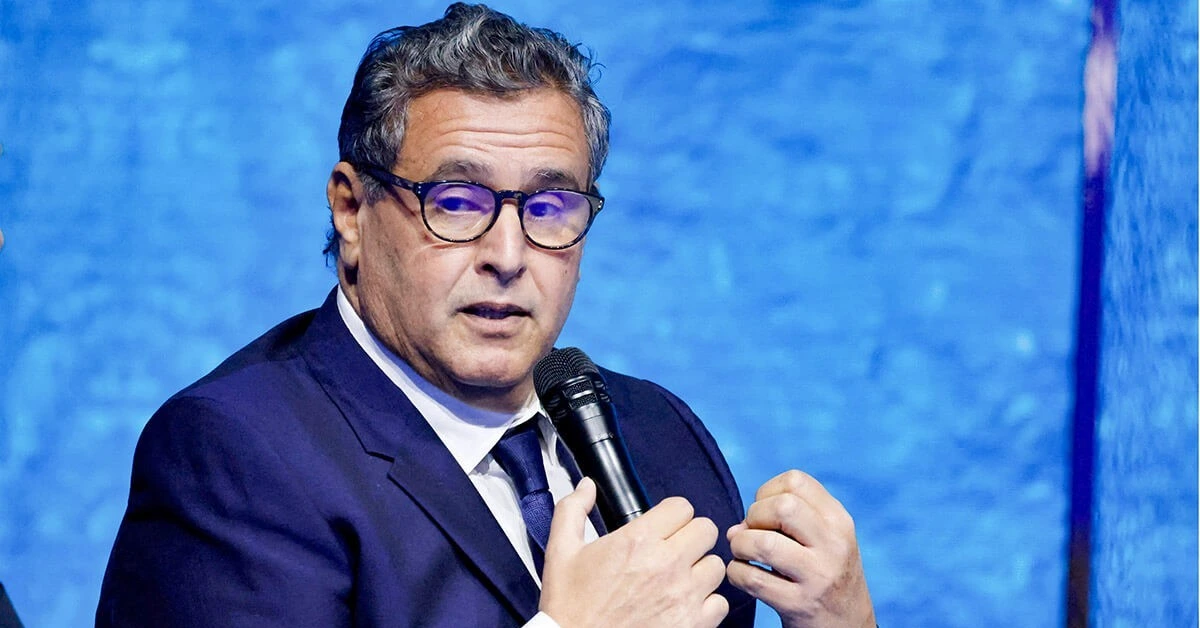
MOROCCO – Morocco is making progress in its ambitious plan to modernise the national healthcare system.
Prime Minister Aziz Akhannouch led a meeting to assess the implementation of various reforms, including the construction of new hospitals, the rehabilitation of primary health centres, and the improvement of healthcare governance.
The meeting brought together key officials, including Minister of Economy Nadia Fettah, Minister of Health Amine Tahraoui, Deputy Minister of Budget Fouzi Lekjaa, and National Social Security Fund Director General Hassan Bouburik.
Discussions focused on major projects aimed at strengthening the country’s healthcare infrastructure.
Hospital construction and rehabilitation
One of the key areas of progress is the construction of 64 new university, regional, and provincial hospitals.
This initiative aims to improve access to medical care across the country. Additionally, Morocco has already rehabilitated 934 primary health centres, with a target of reaching 1,439 centres in the near future.
Efforts are also underway to establish territorial health groups to enhance healthcare coordination at the regional level. A pilot phase of this initiative will soon be launched in selected areas.
Akhannouch emphasised that the reforms go beyond just improving infrastructure and human resources, stating, “The structural reform of the healthcare system also focuses on administrative and institutional governance.”
Health insurance and management reforms
Significant changes are being made to streamline Morocco’s health insurance system. In September 2024, the Ministry of Health announced the creation of a specialised entity to manage health insurance, making the system more efficient and accessible to citizens.
Other reforms include improved management systems in hospitals, enhanced training for healthcare professionals, and stronger collaboration with Spanish experts to develop a professional healthcare network.
A notable initiative, the ‘Averroès 2’ project, was launched in 2024. Led by the CSAI Foundation in partnership with the Moroccan Ministry of Health and funded by the Spanish Agency for International Development Cooperation (AECID), the project aims to implement family and community medicine in 35 health centres.
Digital transformation is also a key part of the reform. Advanced computer systems are being introduced to improve patient data management and boost efficiency across healthcare facilities.
Rebuilding health centres after the 2023 earthquake
In response to the devastation caused by the 2023 earthquake, the Moroccan government has committed US $79.29 million to rebuild health centres in the worst-affected Al-Haouz region.
Additionally, US $115.96 million has been allocated for major healthcare projects in the region, including new hospitals.
Health Minister Amine Tahraoui outlined plans to repair, restore, and expand 195 health centres in the affected areas.
He also announced an ambitious goal to establish university hospitals in every region to enhance healthcare access and quality across the country.
Expanding universal health coverage
Morocco launched the Compulsory Health Coverage (AMO) programme in 2021 to provide healthcare access to all citizens.
The initiative has significantly expanded, with coverage rising from 60% in 2020 to 86.5% in 2024. However, challenges remain.
Ahmed Reda Chami, president of the Economic, Social, and Environmental Council (CESE), noted that while more people are covered, gaps persist.
“Five million citizens are not registered, and 3.5 million registered individuals cannot use the programme due to non-contribution or other factors,” he explained.
To address these issues, CESE has proposed making health system registration mandatory and diversifying funding sources.
The council also recommends increasing public health expenditure to improve service quality and coverage.
At the meeting, Prime Minister Akhannouch urged all sectors involved to accelerate the implementation of healthcare reforms.
He stressed that the success of this modernisation plan depends on sustained efforts and collaboration across different government departments.
XRP HEALTHCARE L.L.C | License Number: 2312867.01 | Dubai | © Copyright 2025 | All Rights Reserved